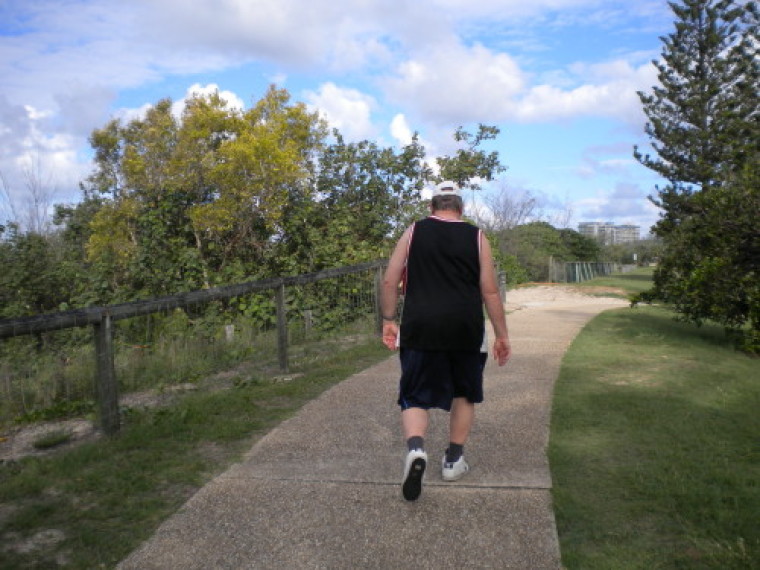
Well-Being Australia Chairman Mark Tronson, a Baptist minister and cricket chaplain says that in his ministry he has witnessed that institutions, whether they be government, industry and commerce, sport, church / missions or social clubs have a proclivity to exercise actions designed to frustrate, delay and deny where any whistleblower faces the battle of his/her life.
In recent news there have been a number of items on such hapless whistleblowers whether or not, they produced documentary evidence to support their claims. One of the problems is that there are inevitably two truths, there is anecdotal truth and there is institutional truth and the two can be poles apart.
There is anecdotal truth regarding work practices which is notoriously difficult to prove, and there is institutional truth with professional documentation and protected by law.
We can read stories in a newspaper and hear the anecdotal story and get the rebuttal from the institution based on evidences such as university studies, research papers, government statute and the like. Anecdotal truth is often based on years of experience, but this fails the institutional pedigree test.
He says that institutions have a way of supporting other institutions over people. Institutional evil has a terrible way of inflicting raw emotional injury, leaving little opportunity of redress.
M V Tronson has noticed that it seems to be only one voice to which an institution responds, and that is bad publicity. This is the whistleblowers armoury and once it gains a momentum of its own, others may come out of the woodwork.
The institutional whistle blower whose conscience bears a public responsibility is in an almost hopeless situation as they are without the safeguards of political office, they are brave and courageous but often naive to the power of the institution, its large purse and powerful influence.
A primary focus of an institution, M V Tronson says, is to protect the institution at all costs, and anyone who seriously challenges an institution will inevitably find the going fraught with gruelling personal cost. This represents the history of the whistleblower experiences.
He claims that Jesus Christ was a classic example of someone who challenged institutions who, in his situation, exclaimed to those defending the institution, "If I have told you earthly things, and you do not believe, how will you believe if I tell you heavenly things?" (John 3 verse 12).
M V Tronson claims that without an eternal perspective of justice, what follows in the experience of the people, is an inevitable philosophical, community and relationship poverty resulting in a loss of hope.
According to the Scriptures, 'Hope' is one of the big three. Sadly institutional evil decimates 'hope', and a 'lack of hope' is one of those pivotal links to the nation's high figures of human despair, depression and sadly, suicide.
Therefore, if there is anything positive in the role of the whistleblower, is that they provides a philosophical 'hope' that there remains someone who conscience is true regardless of the personal cost.